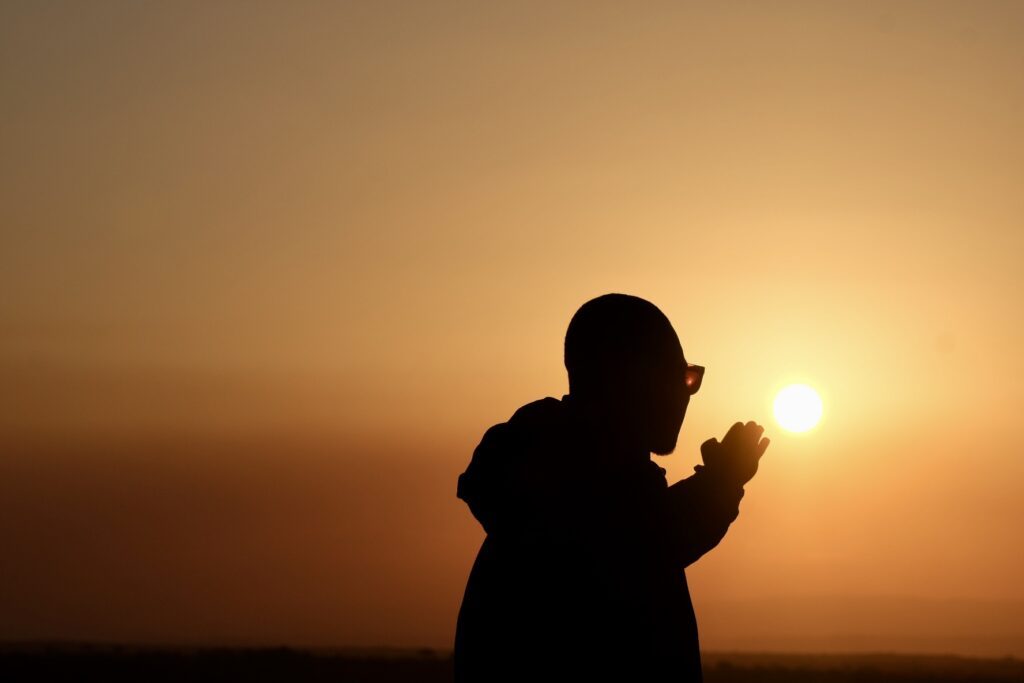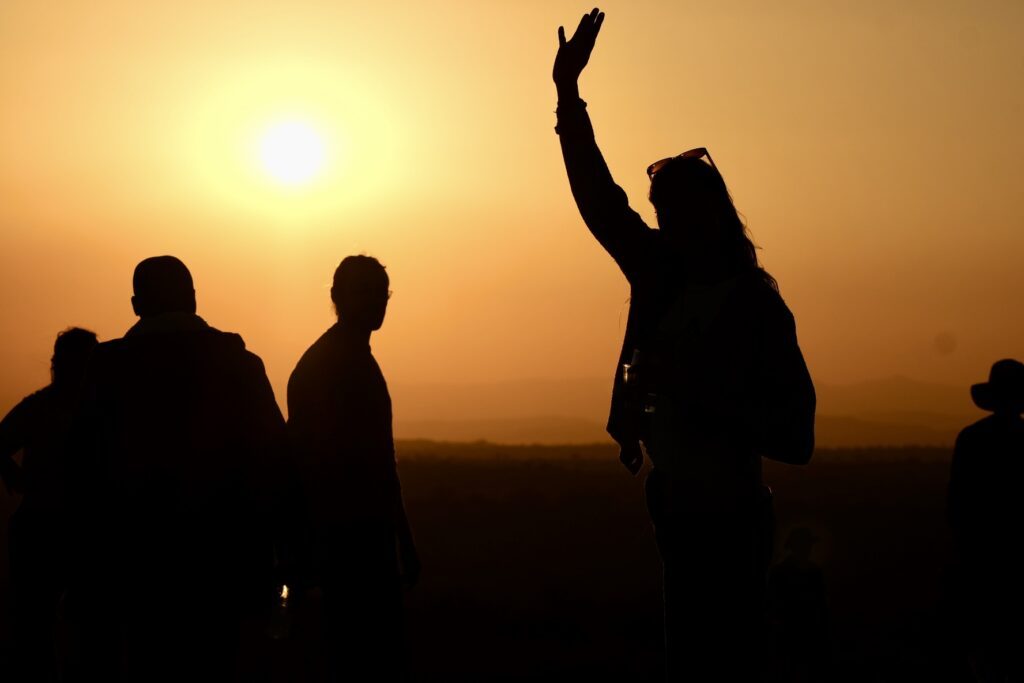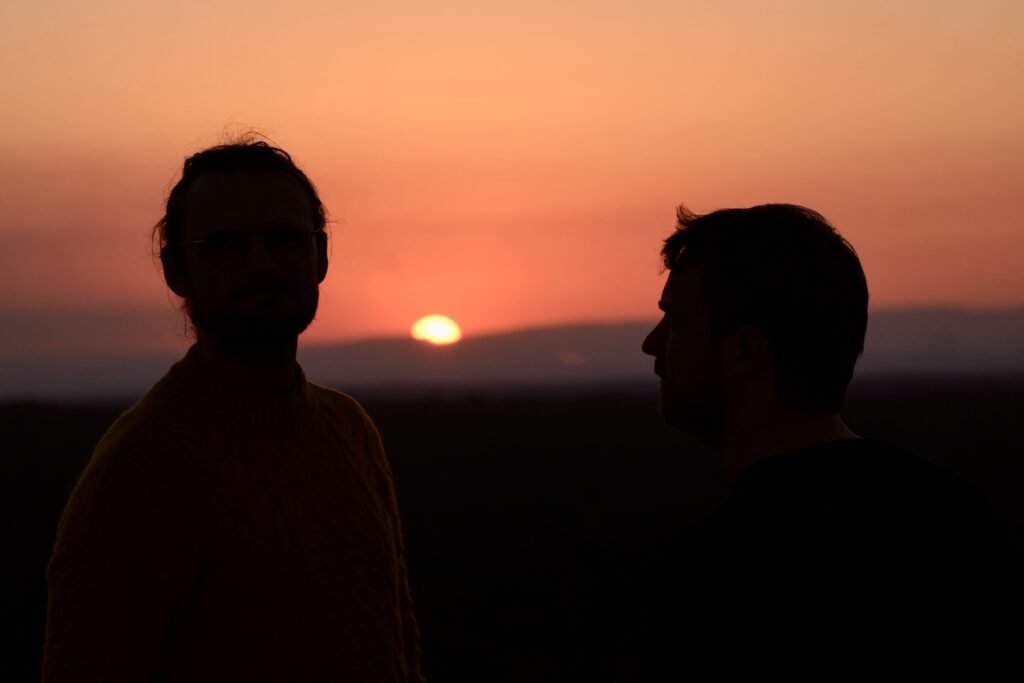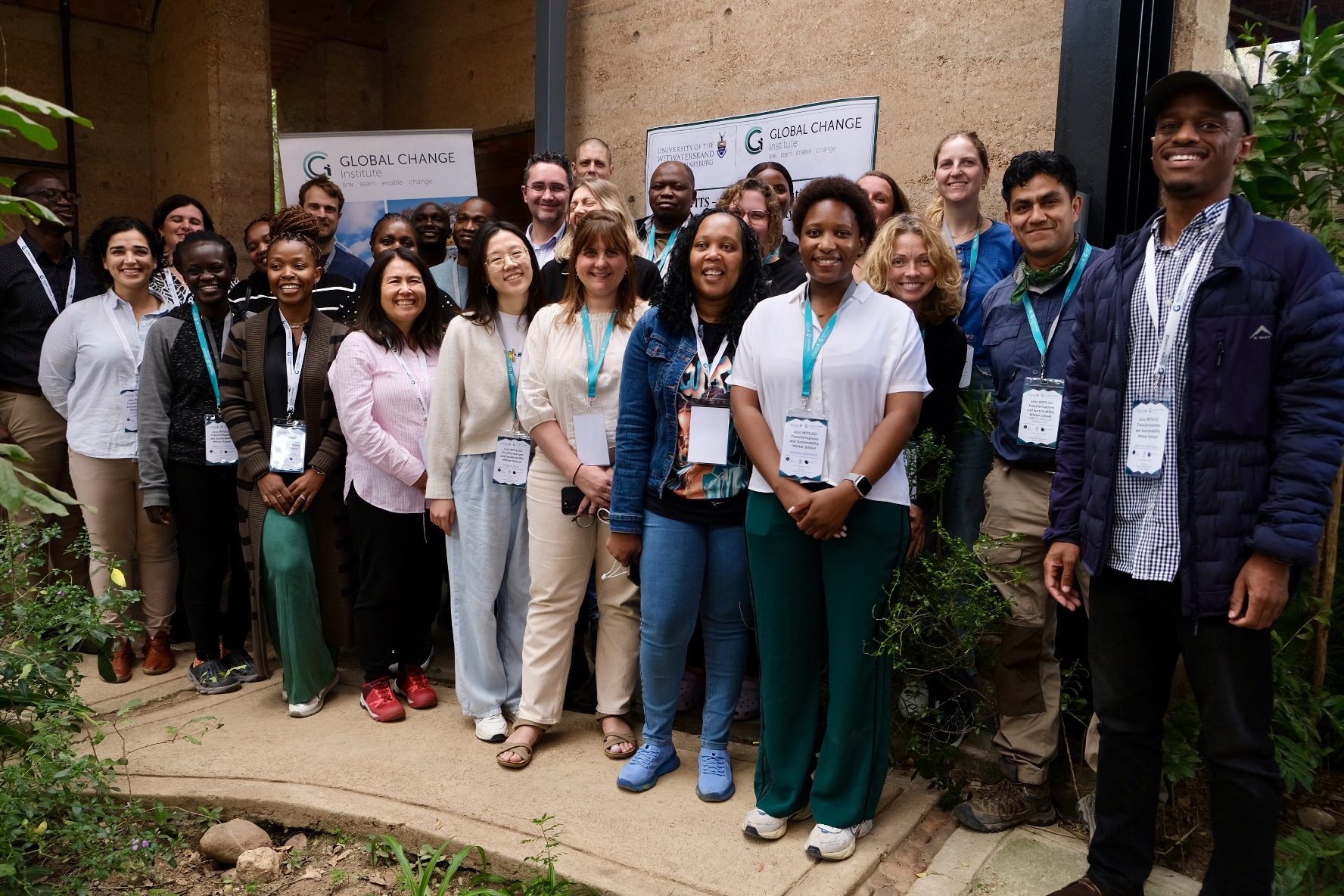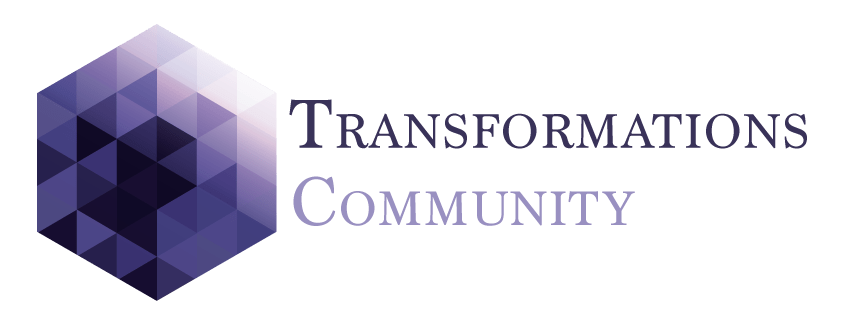The Wits-GCI Transformations and Sustainability Winter School gathered 20 early-career researchers from 11 countries for an unforgettable week in Kruger National Park’s Skukuza Camp. From 11–15 August, the bushveld became both classroom and meeting ground; where cutting-edge discussions on climate change, adaptation, and justice intertwined with early morning game drives, shared meals, and new friendships.
Day 1 – Arrivals & Climate Futures
The week opened with warm welcomes from the organisers and SANParks, who grounded participants in Kruger’s unique biodiversity and its importance as a living research site. An interactive icebreaker mapped the group’s journeys from across the globe — a striking reminder of the diversity in the room.
The first sessions cut straight to the heart of the climate challenge, offering the latest regional climate projections for Southern Africa. Participants worked hands-on with climate datasets, gaining practical insight into how models are built and how projections shape responses. By day’s end, conversations were already spilling over into dinner — the start of a lively exchange that would carry through the week.
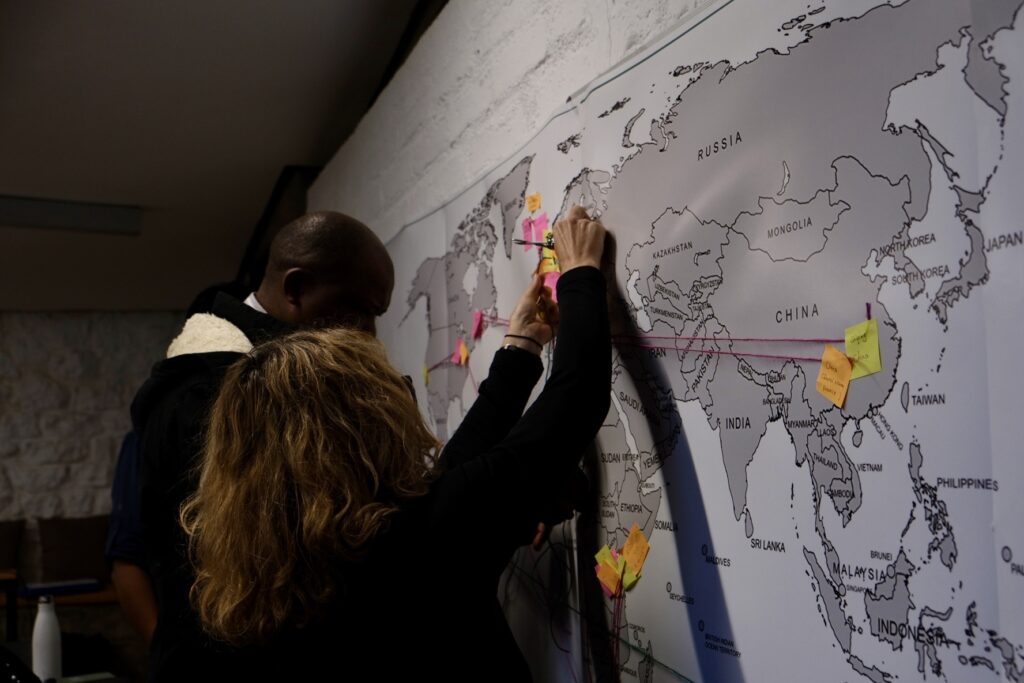
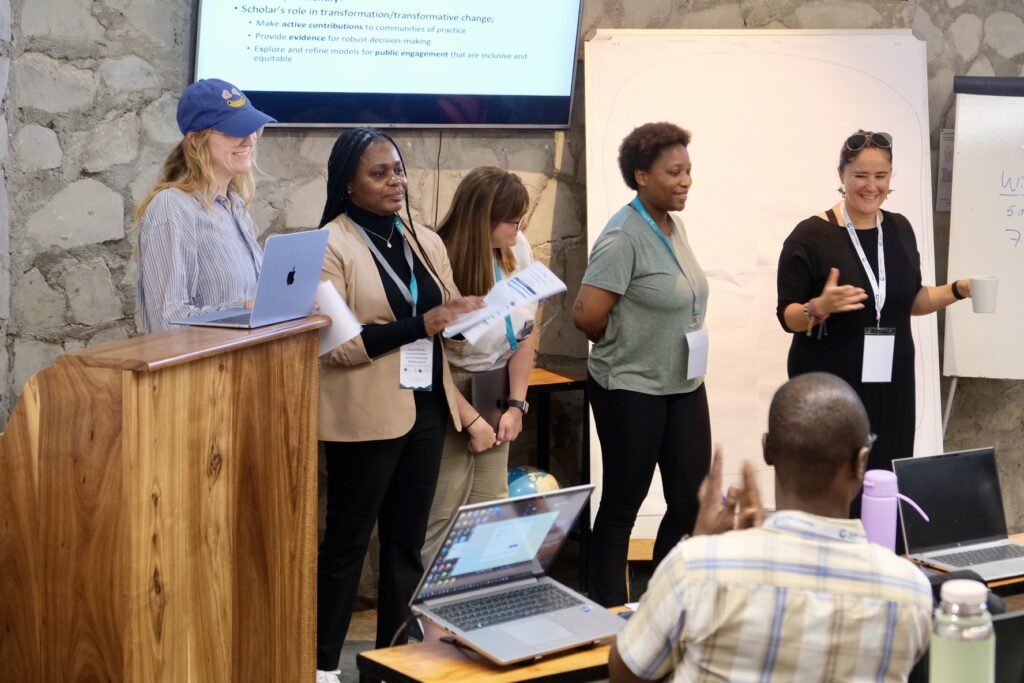
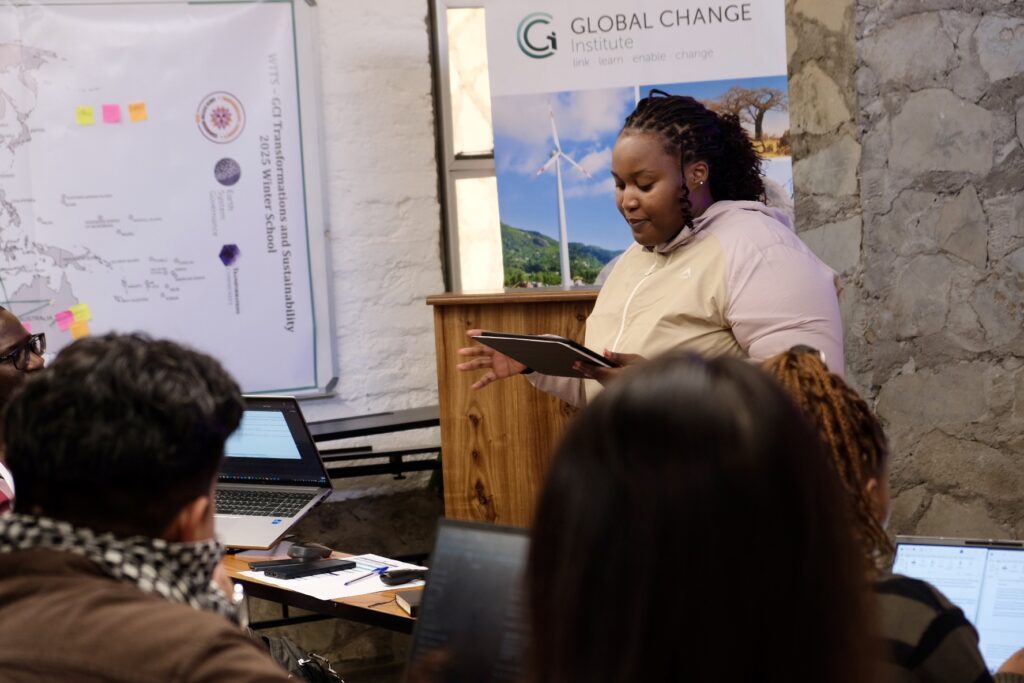
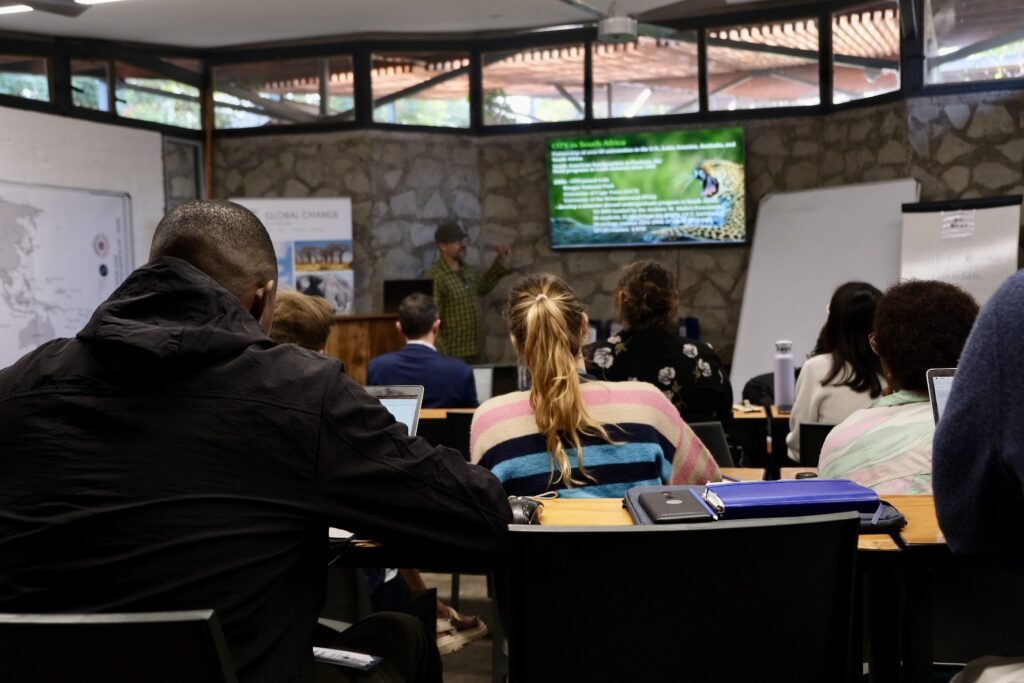
Day 2 – Adaptive Capacity in Action
The second day began with a dawn game drive that delivered unforgettable encounters — lions, elephants, buffalo, and a rare leopard sighting. These moments set the tone for the day: reflections on resilience, interdependence, and the fragile balance between humans and nature.
In sessions on Adaptive Capacity and Collaborative Survival, participants unpacked how capitals — natural, cultural, social, financial, and political — enable or constrain communities’ ability to adapt to stressors. Group exercises brought theory to life, as participants mapped stressors and identified opportunities to enhance resilience.
The afternoon focused on Climate Justice, connecting adaptation strategies to equity and fairness. Through frameworks on distributive, procedural, recognition, and planetary justice, participants explored how solutions must be inclusive to be sustainable. Case studies from Brazil and beyond grounded theory in lived realities, sparking intense small-group discussions. A sunset drive provided a moving close to the day, reminding everyone that climate justice is about protecting ecosystems and human dignity together.
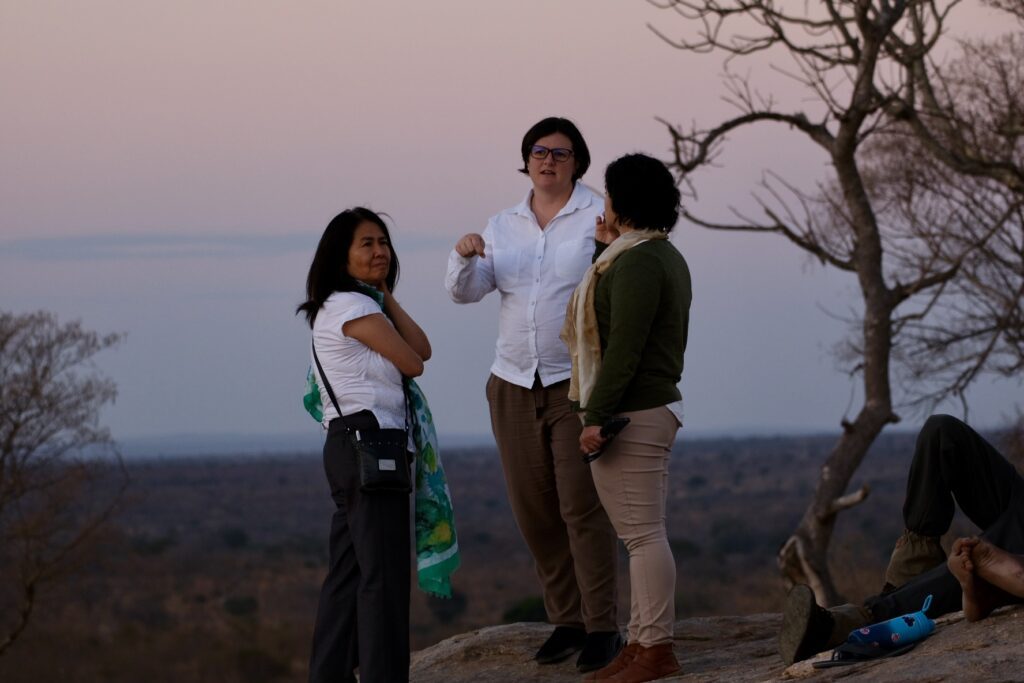
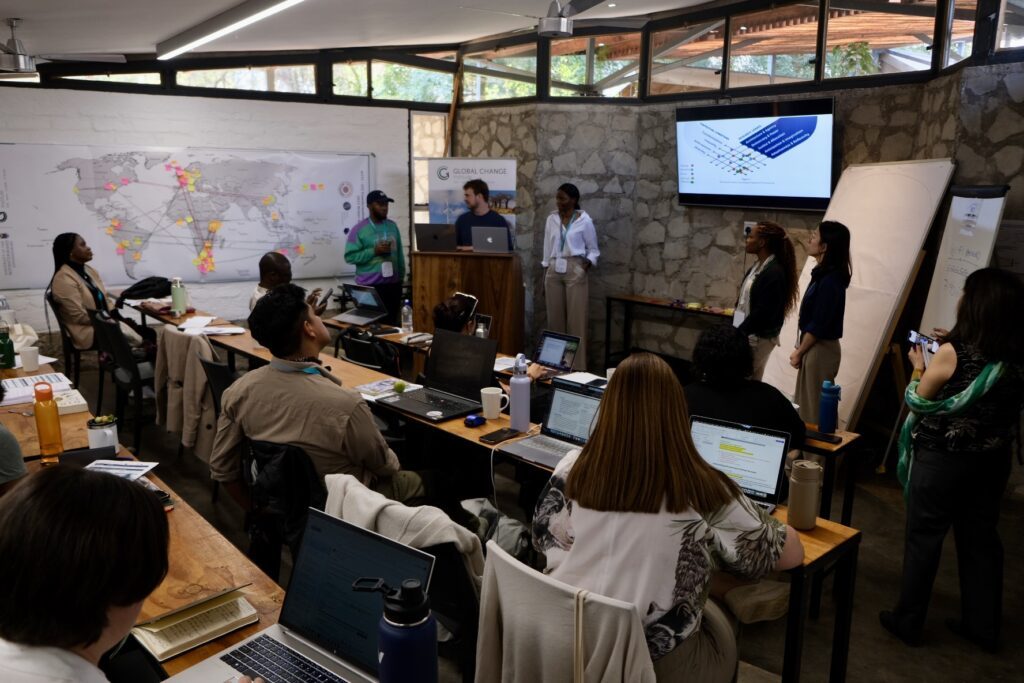
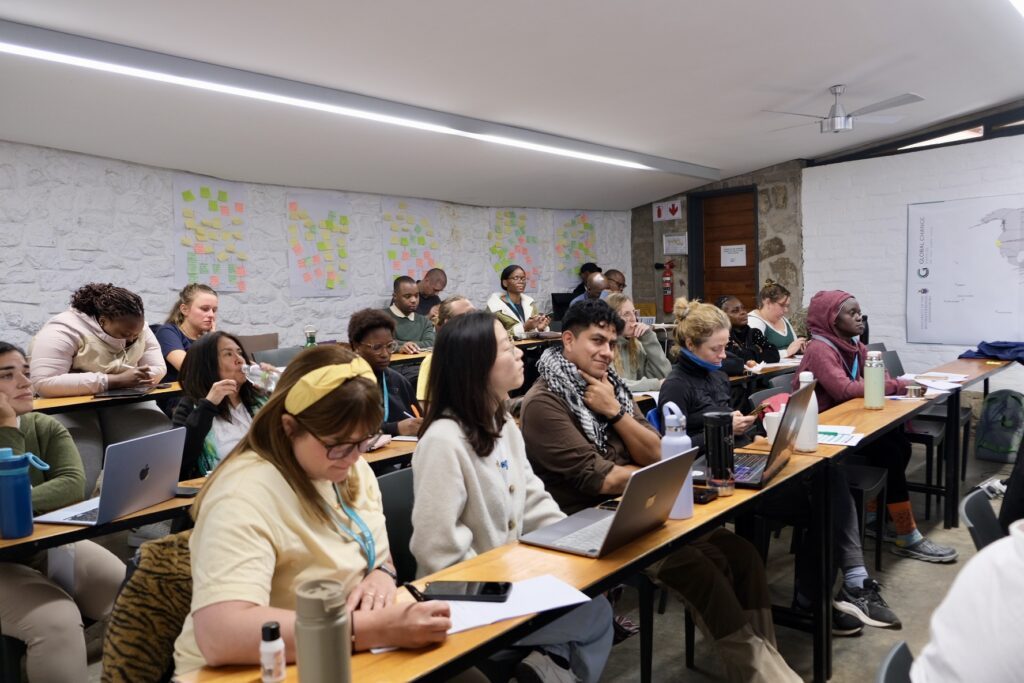
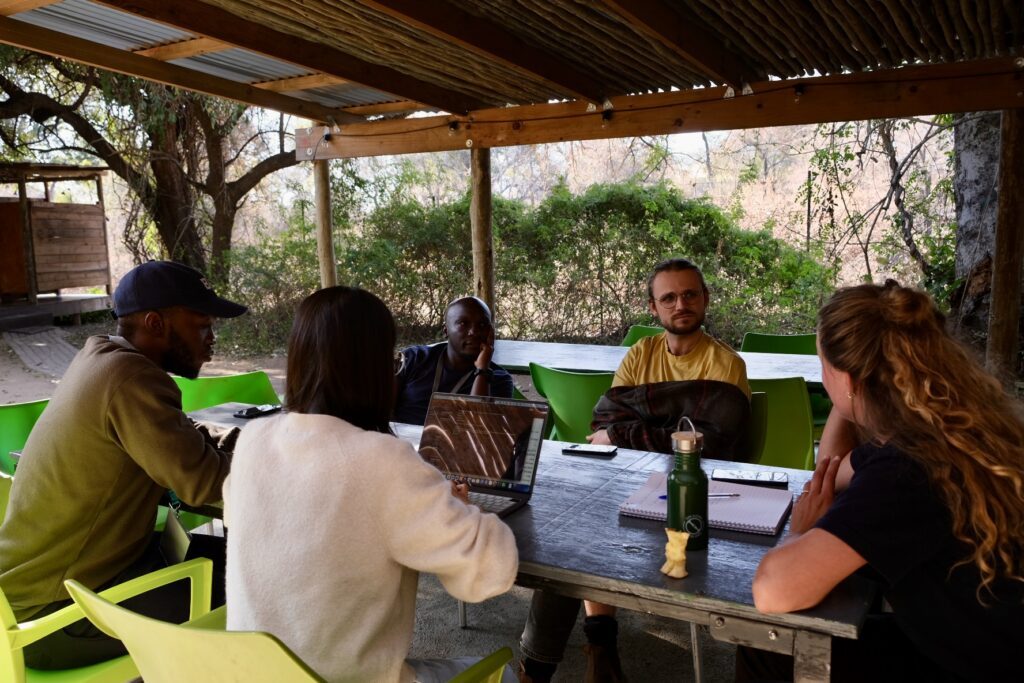
Day 3 – Mitigation, Justice & Shared Futures
By midweek, the Winter School had become more than a training — it was a shared journey. Sessions on mitigation and justice built bridges between research, policy, and practice, challenging participants to imagine climate action that is bold, fair, and transformative.
Outside formal sessions, conversations thrived: walking between venues, watching wildlife, or sharing meals under Kruger’s wide skies. The mix of structured learning and informal connection created a powerful sense of community — one that participants carried back into their research and networks.
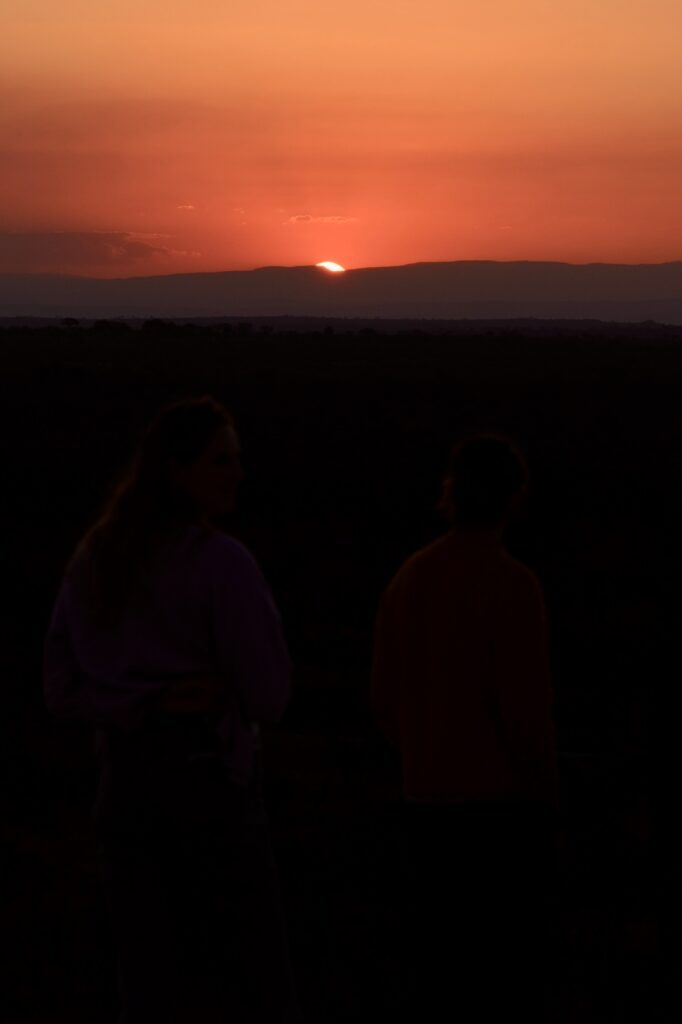
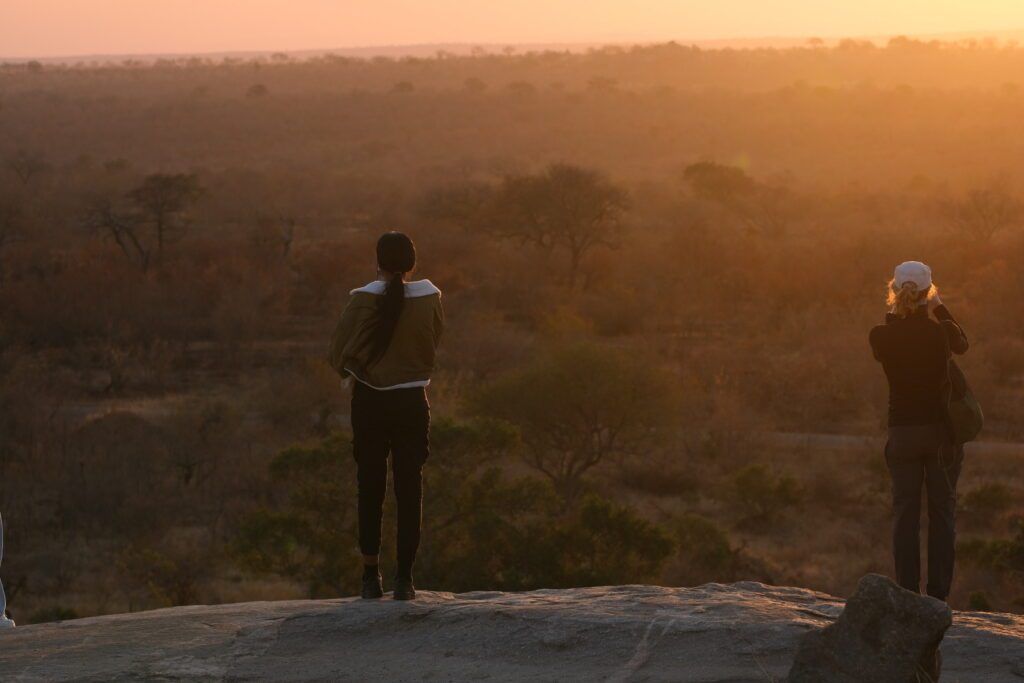
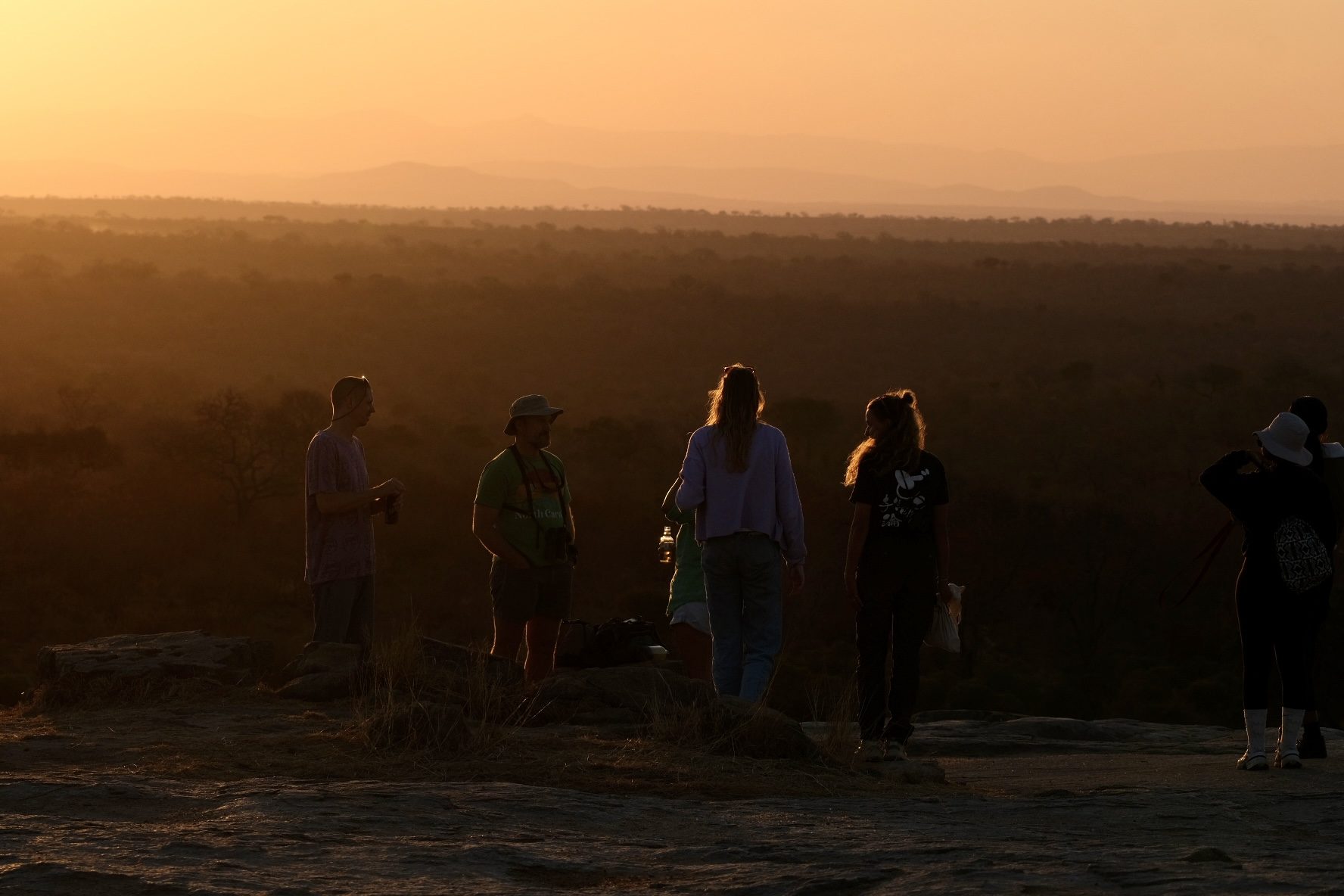
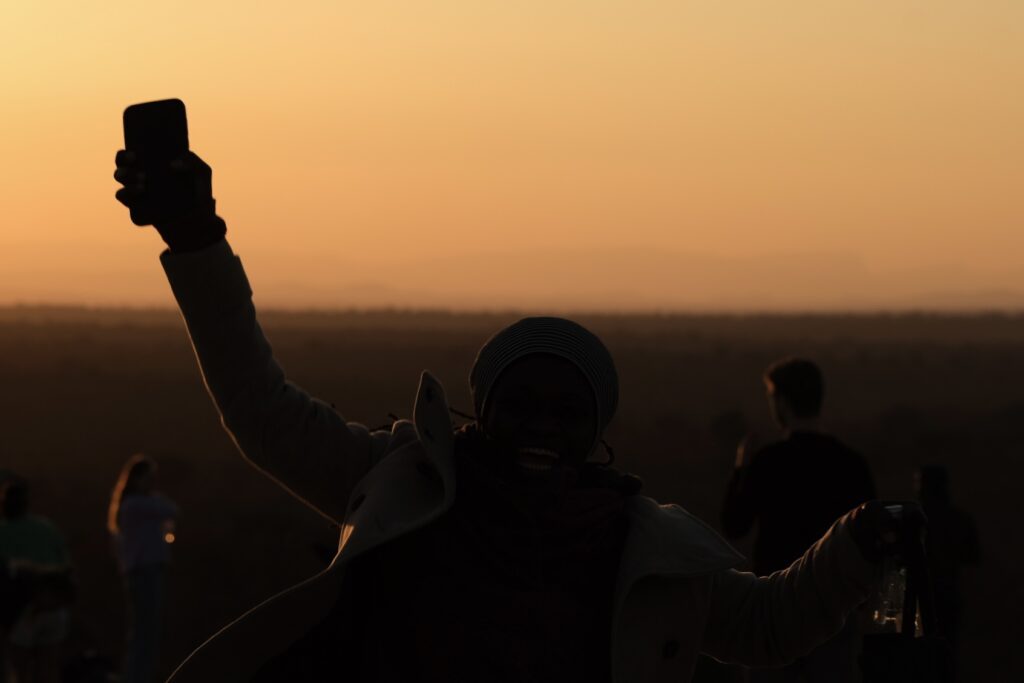
Reflections & Takeaways
The Winter School left participants with new tools, deeper insights, and a global network of peers committed to sustainability transformations. More than that, it offered a space to pause, reflect, and reconnect with the purpose behind their work.
As one participant put it: “Learning about climate justice while sitting in Kruger, surrounded by the realities of human–nature interdependence, reminded me that research is never abstract. It’s about how we live, act, and imagine futures together.”
